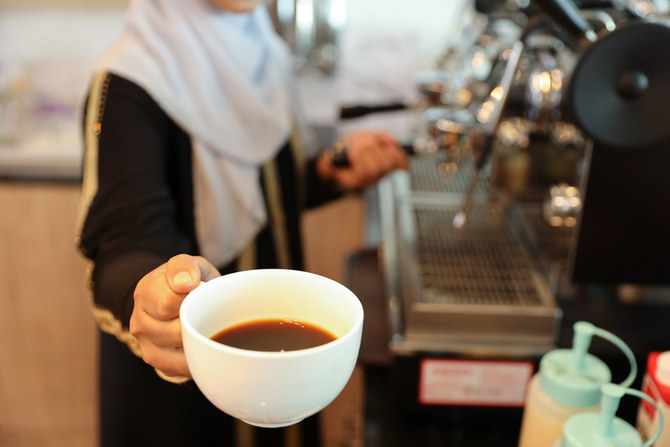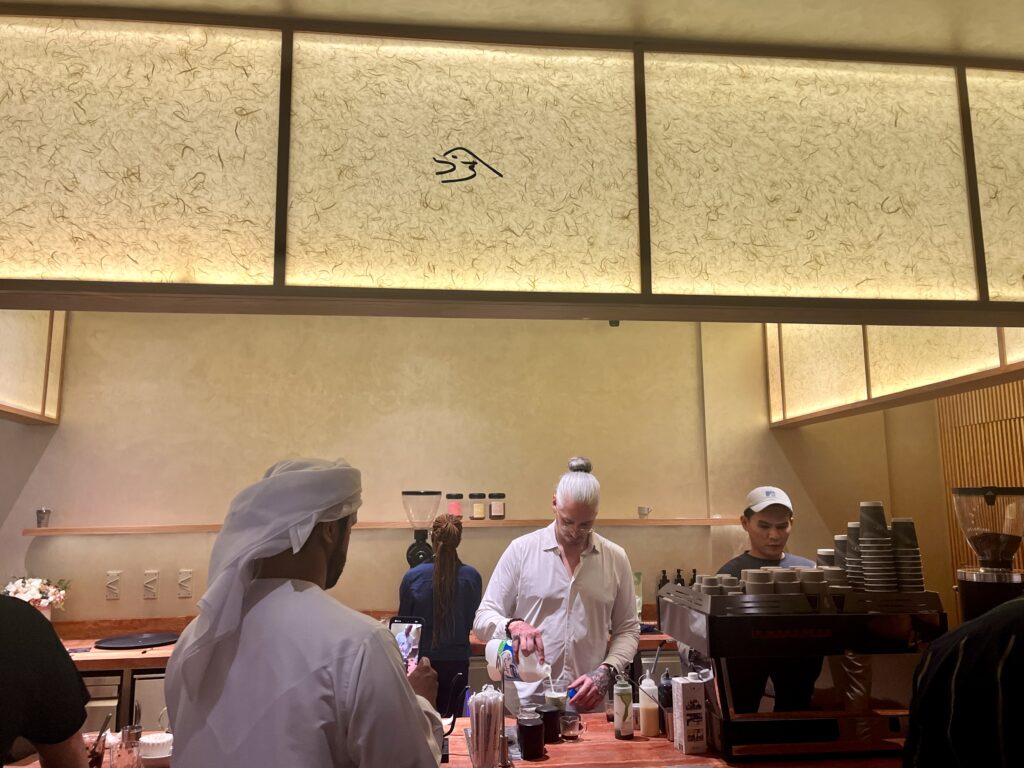RIYADH: In an effort to further diversify its oil-dependent economy, Saudi Arabia is increasing its coffee production to achieve a relative balance with crops that yield high economic returns. The country aims to plant 1.2 million coffee trees by 2026, reported the Saudi Press Agency.
As the Kingdom ascends to the ranks of the world’s top 10 coffee-consuming nations, the government is prioritizing this commodity through various initiatives, aiming to stimulate sector growth and increase production.
This shift underscores coffee’s burgeoning cultural and economic significance in a country where nearly 400,000 Arabica coffee trees yield over 800 tons of coffee annually, primarily in the Jazan, Asir and Al-Baha regions.
In commemoration of World Coffee Day, observed annually on Oct. 1, the Ministry of Environment, Water, and Agriculture has released substantial statistics about coffee farming in the southern region.
Currently, there are over 2,535 coffee farms in this area, including more than 500 model coffee farms.
The emphasis on expanding Arabica coffee production in 15 additional governorates in the southwestern region aligns with the objectives of Vision 2030, demonstrating the government’s commitment to supporting the national economy through the coffee industry.
This development underscores the dual role of coffee as a cultural tradition and an economic force in the country.
The ministry has launched several initiatives to incentivize coffee cultivation, including support from the Agricultural Rural Development Program, to foster Arabica coffee production’s development, processing and marketing.
Furthermore, the ministry has inked a 15-year investment contract for the Kingdom’s first “coffee city” with the Al-Baha-based Agricultural Cooperative Society in Baljurashi.
In August, this society formalized a SR72 million ($19.2 million) agreement with the Agricultural Development Fund, paving the way for agricultural advancements through cutting-edge technologies.
Coffee is one of the most traded commodities in international agricultural markets and is a significant income source in many countries.
It is cultivated on over 10 million hectares in more than 50 nations, supporting the livelihoods of approximately 125 million people in Latin America, Africa and Asia.
Arabica and Robusta coffee types are the most widely grown worldwide, representing around 65 percent and 35 percent, respectively, of total commercial production.
The SPA report concluded by citing statistics confirming that people worldwide consume more than 500 billion cups of coffee yearly.






















